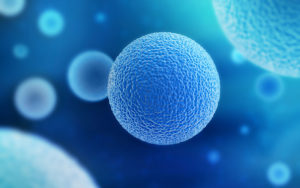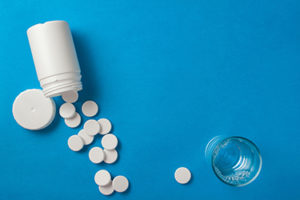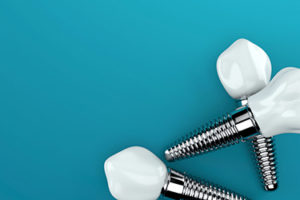Goodbye Cavities?
October 17th, 2018
ORAL HEALTH, DECAY PREVENTION, CAVITIES
With winter upon us, the common cold shows us why it’s aptly named. Rhinoviruses, responsible for many episodes of congestion, coughs, and sore throats, transmit through the population during every season. But research suggests that this virus replicates better at a temperature a few degrees below the body’s core temperature. Plus, people tend to share closer spaces inside during colder weather. Cozy areas make virus transmission easier.
Many people are surprised to learn that tooth decay is the next most common disease afflicting the population. The bacteria that cause cavities thrive in the mouth, but babies aren't born with them. They're an infection that’s often passed from mothers or caregivers once teeth start to appear. Since 92% of adults report at least one cavity, dental fillings are familiar to just about everyone.
What If...
Exciting new research suggests that the way we repair teeth damaged from cavities could change in the years ahead. Consider this:
- A British team discovered that aspirin enhances the function of stem cells found inside teeth. They found that low-dose aspirin significantly increased the expression of genes that help form dentin, the primary tooth structure usually damaged by decay. This influence helps the tooth create new structure to repair damaged portions.
- Another research team found that a particular chemical could cause cells to heal small holes in mice teeth. Researchers placed a biodegradable sponge soaked in the drug inside the cavity. This step led to complete, natural repair of the damaged area!
- Another study demonstrated that a small electrical current could be used to draw new minerals into teeth, producing a stronger outer layer that’s more resistant to bacterial acid.
A vaccine to prevent cavities has been explored for over 40 years. In 1972, a British team reported they were testing one on mice, but fundamental challenges remain today. In the meantime, a host of new materials that mimic natural tooth structure allow us to restore damaged teeth and create healthy smiles. Scientists continue to produce advanced porcelains and resins that can be securely bonded into place. Sometimes the most trained eye can’t discern where the tooth ends, and the filling begins!
Solutions For Every Scenario
When enough damage leads to tooth loss, dental implants offer the ultimate solution for optimal function and confident smiling. Precise 3D imaging and advanced implant components set the foundation for predictable results. Whether replacing single teeth or securing loose dentures, implants can be life-changing!
In our evolving world, dental research continues to enhance the lives of our patients. We follow and evaluate advancements in dentistry, then choose those that serve you best. We’re here to be a resource for you and your family, so feel free to contact your team at the office of Drs. Jerome, and Austin with any questions we can help you explore!
Article by: Anonymous














 October is Dental Hygiene month, celebrate with us all month long by teaching your little ones and family about the importance of maintaining good oral hygiene habits!
October is Dental Hygiene month, celebrate with us all month long by teaching your little ones and family about the importance of maintaining good oral hygiene habits!



 Website Powered by Sesame 24-7™
Website Powered by Sesame 24-7™
